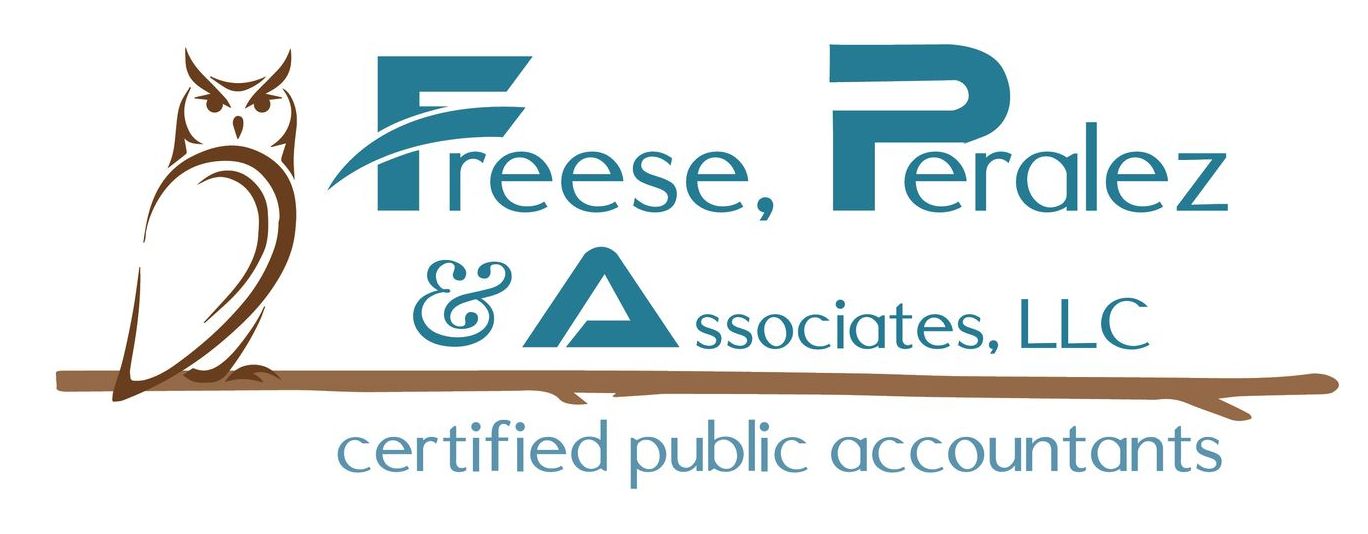Tax news for investors and users of cryptocurrency
Tax news for investors and users of cryptocurrency

If you’re a crypto investor or user, you may have noticed something new on your tax return this year. And you may soon notice a new form reporting requirements for digital assets.
Check the box
Beginning with tax year 2022, taxpayers must check a box on their tax returns indicating whether they received digital assets as a reward, award or payment for property or services or whether they disposed of any digital assets that were held as capital assets through sales, exchanges or transfers. If the “yes” box is checked, taxpayers must report all income related to the digital asset transactions.
New information form
Under the broker information reporting rules, brokers must report transactions in securities to both the IRS and investors. Transactions are reported on Form 1099-B. Legislation enacted in 2021 extended these reporting rules to cryptocurrency exchanges, custodians and platforms and to digital assets such as cryptocurrency. The new rules were scheduled to be effective for returns required to be filed, and statements required to be furnished, for post-2022 transactions. But the IRS has postponed the effective date until it issues new final regulations that provide instructions.
In addition to extending this reporting requirement to cryptocurrency, the legislation also extended existing cash reporting rules (for cash payments of $10,000 or more) to cryptocurrency. That means businesses that accept crypto payments of $10,000 or more must report them to the IRS on Form 8300. These rules apply to transactions that take place in 2023 and later years.
Existing rules and new reporting for digital assets
Currently, if you have a stock account, whenever you sell securities, you receive a Form 1099-B. On the form, your broker reports details of transactions, such as sale proceeds, relevant dates, your tax basis for the sale and the gain or loss.
The 2021 legislation expanded the definition of “brokers” who must furnish Forms 1099-B to include businesses that regularly provide services accomplishing transfers of digital assets on behalf of another person. Thus, once the IRS issues final regulations, any platform where you buy and sell cryptocurrency will have to report digital asset transactions to you and the IRS.
These exchanges/platforms will have to gather information from customers, so they can issue Forms 1099-B. Specifically, they will have to get customers’ names, addresses and phone numbers, the gross proceeds from sales, capital gains or losses and whether they were short-term or long-term.
Note: It’s not yet known whether exchanges/platforms will have to file Form 1099-B (modified to include digital assets) or a new IRS form.
Cash transaction reporting
Under a set of rules separate from the broker reporting rules, when a business receives $10,000 or more in cash, it must report the transaction to the IRS, including the identity of the person from whom the cash was received. This is done on Form 8300. For this reporting requirement, businesses will have to treat digital assets like cash.
Form 8300 requires reporting information including address, occupation and taxpayer identification number. The current rules that apply to cash usually apply to in-person payments in actual cash. It may be difficult for businesses seeking to comply with the reporting rules to collect the information needed for crypto transactions.
What you should know
If you use a cryptocurrency exchange or platform, and it hasn’t already collected a Form W-9 from you, expect it to do so. In addition to collecting information from customers, these businesses will need to begin tracking the holding periods and the buy-and-sell prices of digital assets in customers’ accounts. Contact us for more information in your situation.
We will soon be accepting bitcoin as payment!
Schedule an appointment today for more information about digital assets.
















